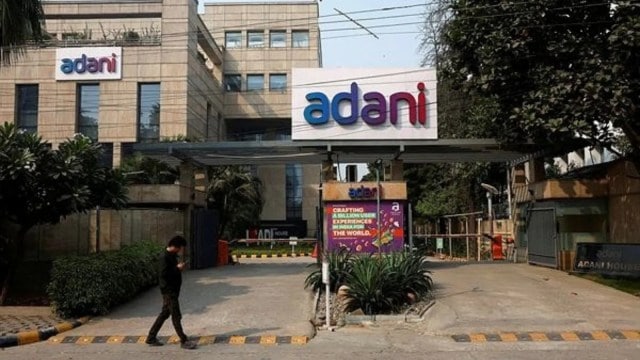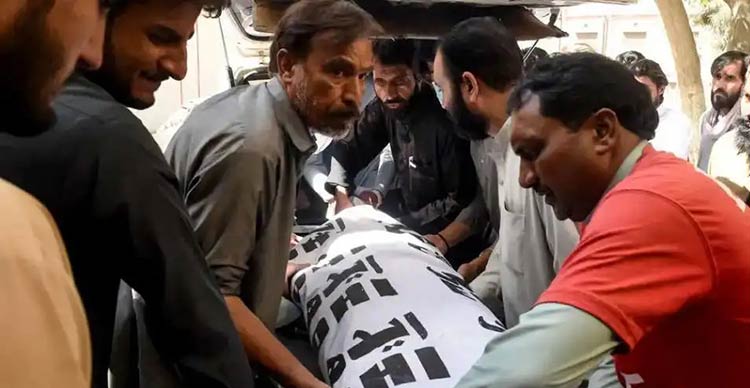Why is it that Tamil Eelam is sought by only Tamils living overseas?
November 25th, 2024Shenali D Waduge

Isn’t it puzzling to see scores of Tamils living in Canada, UK, Europe & mostly Western nations holding colorful placards, braving winter weather, screaming Eelam” with heavy foreign accents and if we didn’t know any better, we may think they were demanding something from where they were located. But, all this anguish they are going through often several times a year is for an Eelam back in Sri Lanka, where many of them have not even visited for decades while others do not even wish to go. The isolated campaigns that are held in Sri Lanka often organized by pro-Eelam Tamil political parties are unable to bring the numbers that the foreign Eelam protestors can easily rally. Why is this? Why are Tamils living overseas demanding a Tamil Eelam in Sri Lanka & not Tamils living in Sri Lanka?
Many of the Tamils living in Western shores are those who went after July 1983 well-choreographed riots that paved the way for scores of Tamils to go as refugees” asylum seekers”. Many of those who went were not the victims but those who used the opportunity to project themselves as victims. This group of people went on to become the kitty for the LTTE organizing events & promoting the quest for separatism. They were tasked to lobby politicians & trained in how to win the empathy of the western world with their well concocted stories woven round a bogus homeland. All this continued while LTTE assassinated, carried out suicide missions & kept a nation on its toes. Eventually, the western nations began banning LTTE but it didn’t stop the LTTE Diaspora from openly campaigning & even inviting foreign MPs to their events. The LTTE Diaspora knew too well that they were a geopolitical tool against the Sri Lankan state & this sufficed for them to carve out their demands.
How many of these LTTE diaspora fighting for a Tamil Eelam would give up their western lifestyles, property & business in the West, educating their children in the West & come to live in this Eelam they are demanding. Probably none! If so, why have they even got the younger generation also involved in demanding Eelam when they cannot even pronounce a single town in Sri Lanka’s north & have never even been to Sri Lanka?
It is definitely a puzzle. Why would these Tamil Diaspora wish to have their people return to a life they suffered under LTTE? Anyone who lived under LTTE would know how life was like for them, living in fear, not knowing when their child would be kidnapped & trained as a child soldier. Wait… this scenario was never experienced by any of the Tamil elite high caste society. None of their children were kidnapped by the LTTE. Why was this? If anyone is in doubt, just check & see if any Tamil elite high caste children were kidnapped & turned into child soldiers. You can bet no one was. All of the child soldiers were from very poor low caste families, whose parents had no choice but to donate” their child. The Tamil high castes cared not what happened to these children. This was clear when in 1957 the Tamil high caste politicians travelled by sea to UK to appeal to the Privy Council to annul the Social Disabilities Act passed by PM SWRD Bandaranaike enabling Tamil low castes to gain education by going to school. The Tamil high castes opposed this. Yet, the world thinks that the Sinhalese oppressed the Tamils. In reality it was the Tamil high castes who were oppressing their own.
Another oppression not given much publicity is the Thesavalamai law which was originally applicable to the Malabars that came from South India & later codified by the Dutch & continued by the colonial British as they were dependent on South Indian indentured labor to work on their plantations. Eventually, the Malabars became the new Vellala” caste who were the sole owners of land in Jaffna forbidding other castes to own land. To remove any oppression of Tamils, the Thesavalamai foreign law must be annulled first. It is a pity that the Tamil placard holders overseas are ignoring this to enable the majority low castes to own land in Jaffna.
How many of these placards holding foreign Tamils help their Tamil brethren in times of need? Or are they funded only to gain international media publicity? Have they looked after the close to 300,000 civilians LTTE used as human shields & hostages that the Sri Lanka Armed Forces saved?
All they are interested in is using significant dates of LTTE to gather & make a noise, while in countries like Canada they have managed to even teach bogus history of a genocide where other than figures they are plucking from the sky, they cannot even produce names of the people they claim to have been killed. There are no dead bodies, no skeletons, no names but annually they are gathering, shedding crocodile tears & claiming genocide”. They say truth always comes out & when it does some foreign MPs are going to be very embarrassed at what fools they were turned into attending these LTTE commemorations.

Apart from the Jaffna University where for some reason no government is taking action against a State funded university where academics & students are holding vigils and decorating university grounds with LTTE decorations. Unashamedly, these lecturers & students are celebrating terrorists. Are they getting funds from LTTE Diaspora? Or they threatened or are they actually missing these terrorists? Leaving aside these annual commemorations at the Jaffna university, all other pro-LTTE events see only a countable number of people, even the most recent one organized by Ponnambalam junior hardly had 10 people. Even the commemorations for LTTE dead hardly has any notable presence.
A mistake made by past governments & even the present government is their failure to identify the terrorists from Tamils. Why are they always cozying up to the terrorists & not the Tamils? In so doing, they are silencing the Tamils many of whom have lived in fear of the LTTE & had their family members killed by LTTE while overseas these Tamils have been subject to physical & mental threats by numerous terrorist knife groups, of which the one’s in UK & France are even on police watch list.
The Govt must take the side of the Tamils not Terrorists.
The Govt must take action against the Jaffna University academia that is allowing unashamed commemoration of terrorists. Do you see any State university in US, Canada, Europe commemorating Osama Bin Laden or similar terrorists?
How can the Nation move forward if the so-called educated” are indoctrinating youth/students to venerate terrorists? No wonder these youth who eventually go overseas are holding placards screaming in support of terrorists! The ideology of terrorism is nothing to feel proud about. It has destroyed lives, destroyed homes & destroyed a Nation.
These LTTE Diaspora have made a lucrative business network from this Eelam quest – they sell Eelam souvenirs, Eelam events are a must pay & attend, they are making movies/documentaries – how many have become multi-millionaires from this Eelam sing song should be investigated!
If these Eelam seekers holding foreign passports, living in the West want an Eelam in Sri Lanka, why don’t they settle in Sri Lanka & fight for it, instead of happily living in the West while outsourcing their dirty work to the Tamils living in Sri Lanka who simply want to have a peaceful life, educate their children & achieve their personal goals.
Shenali D Waduge
 The corporate office of the Adani group.(Reuters Photo)
The corporate office of the Adani group.(Reuters Photo)

